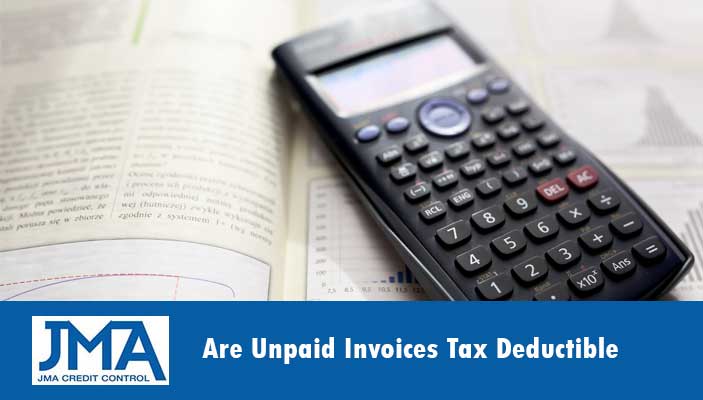

As the end of financial year approaches it’s important that you get all your business finances in order to minimise your taxable income when it comes time to report and pay your income taxes this year.
One way to reduce your taxable income is to write off any bad debts currently owed to your business before the June 30 cut off date. Doing this will mean you don’t have to pay tax on the expected income associated with bad debts (which you have never actually received.)
You will also be able to claim a GST refund on any GST you have paid related to those bad debts.
Important Note:
You will only need to write off a bad debts if you report on an accrual basis (meaning you recognise income in your accounting system when it is invoiced.)
If you report income on a cash basis (you recognise income in your accounting system only when it is banked into your business account) then you will not have any adjustments to make because the income has not yet been recorded in your business income.
What Is A Bad Debt
To write off a bad debt it must first relate to one of the criteria below:
- You must be owed a debt. In simple terms you must have created an invoice for goods or services that remains unpaid. You have taken all recommended action to recover the debt, and there is no further reason to pursue the debt as it is very unlikely to be recovered.
- The debtor has passed away and has not left sufficient assets to pay your debt
- The debtor has skipped and you cannot track down them or their assets
- The debtor is bankrupt or in liquidation, and there is not sufficient funds to pay your debt
When Can Your Write Off A Bad Debt?
According to Sections 25-35 of the Income Tax Assessment Act, here are the following scenarios when you can write of a bad business debt:
(1) You can deduct a debt (or part of a debt) that you write off as bad in the income year if:
(a) it was included in your assessable income for the income year or for an earlier income year; or
(b) it is in respect of money that you lent in the ordinary course of your business of lending money.
So considering the above I have provided some simple tips to help you write off bad debts correctly:
- Your bad debt must be adjusted in your accounting system by removing it from your “Accounts Receivables” and moving it over to your “Profit and Loss Statement” as a “Bad Debt”.
- You must write off the bad debt before the end of the financial year in order to claim a deduction for it. If you miss this deadline you can do it the following year.
- The debt must be considered “Bad” and not just “Doubtful” to be written off. So you must satisfy at least one of the criteria listed under the “What Is A Bad Debt” section of this article.
- If you have paid GST on the expected income you can claim a refund on this money.
Remember when you write off a bad debt it essentially means you are losing that amount of money from your bottom line profit. So be sure to exhaust all avenues to recover the debt before writing it off.
If you haven’t spoken to a professional debt collector and received expert advice on how whether they believe they can recover the funds for you, then do this first.
Talk To A Professional Debt Collection Agency
They will often be able to help you recover debts you previously thought would never be paid and can help you avoid having to write off these debts. Also because some offer a No Recovery, No Fee Service, you only pay a small percentage of the recovered money as a fee if they are successful. So you have nothing to risk by getting some professional advice.





















